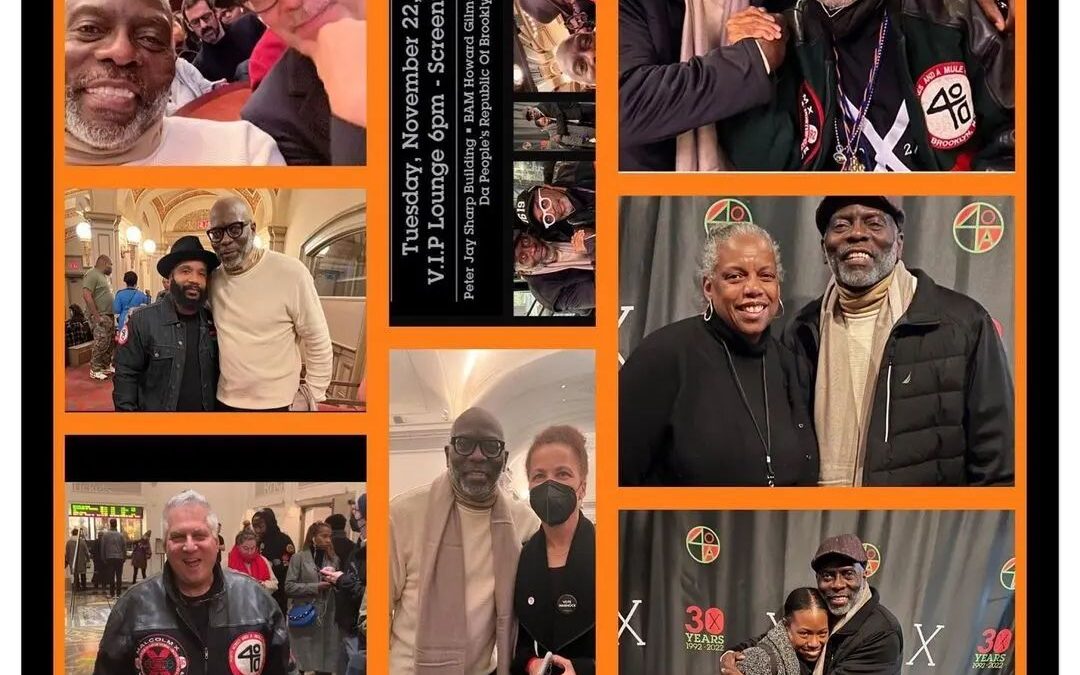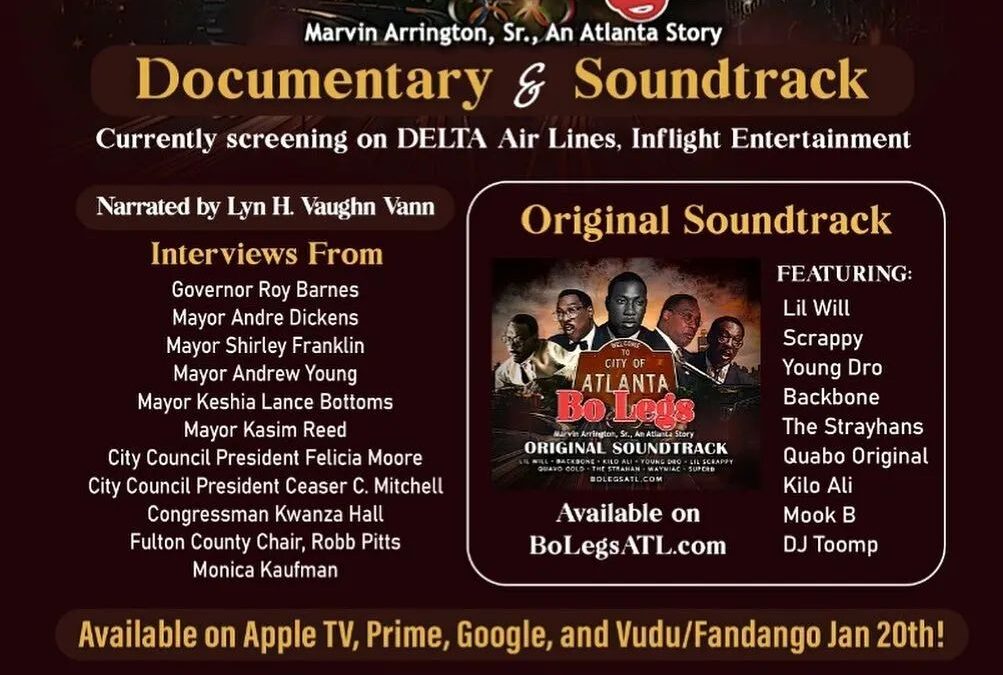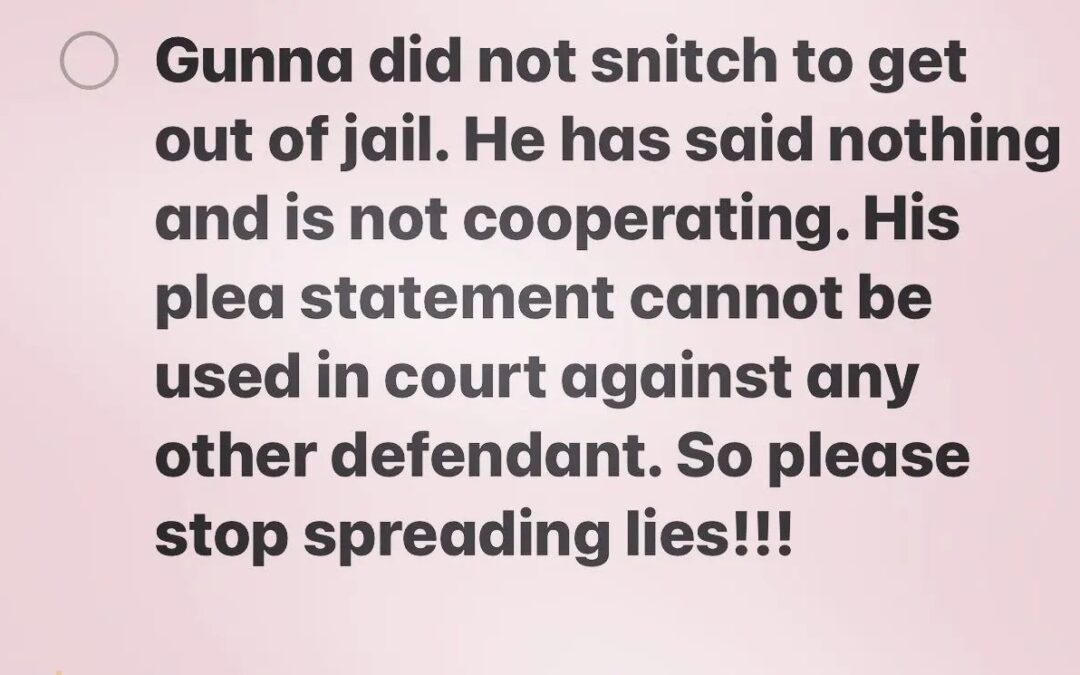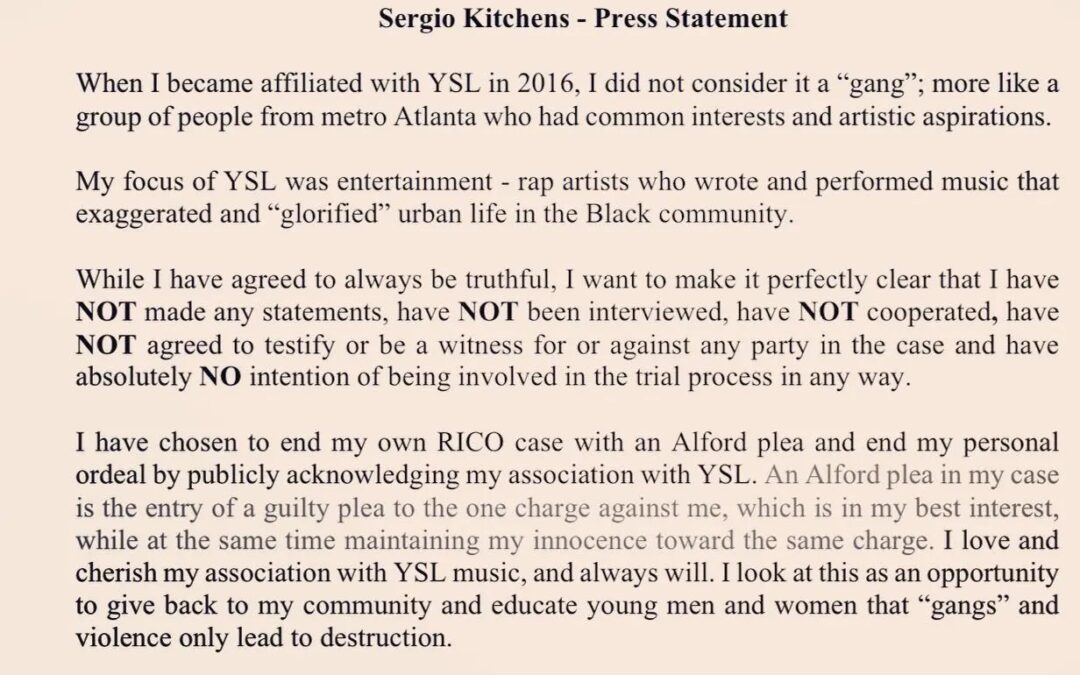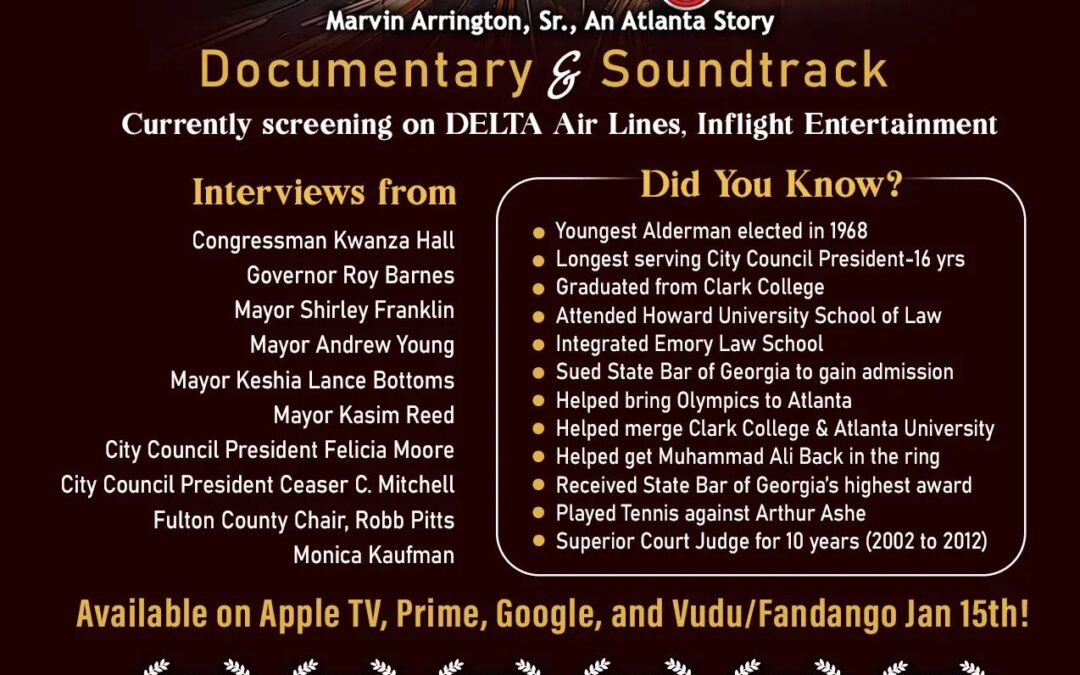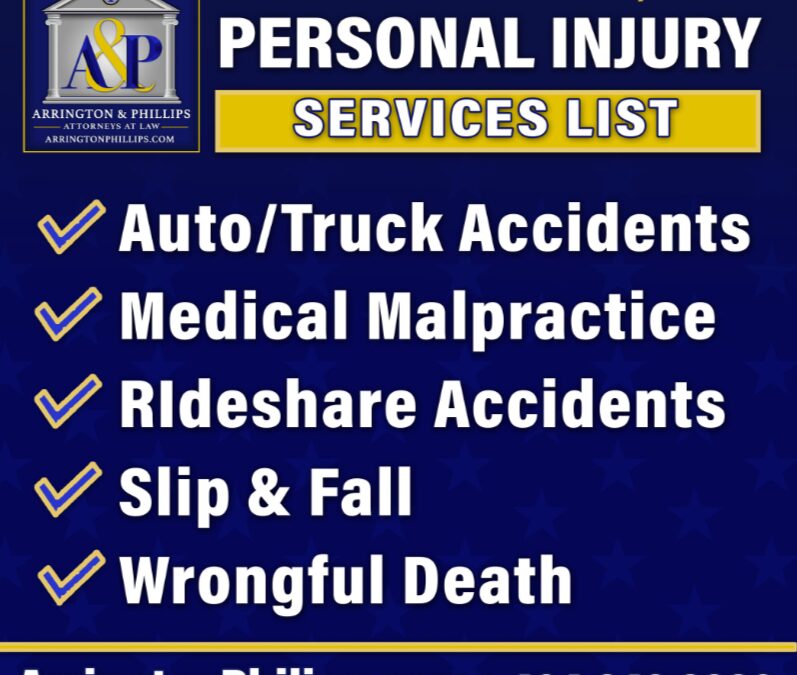
Dec 19, 2022 | Legal Community, Personal Injury
We provide personalized attention to each of our clients being impacted by complications due to their injuries. During your consultation, we will review your case and help you determine the best set of steps moving forward. Don’t hesitate to reach out, and get the compassion and care you deserve by calling us at 404.349.2330 or by visiting ArringtonPhillips.com/PersonalInjury.
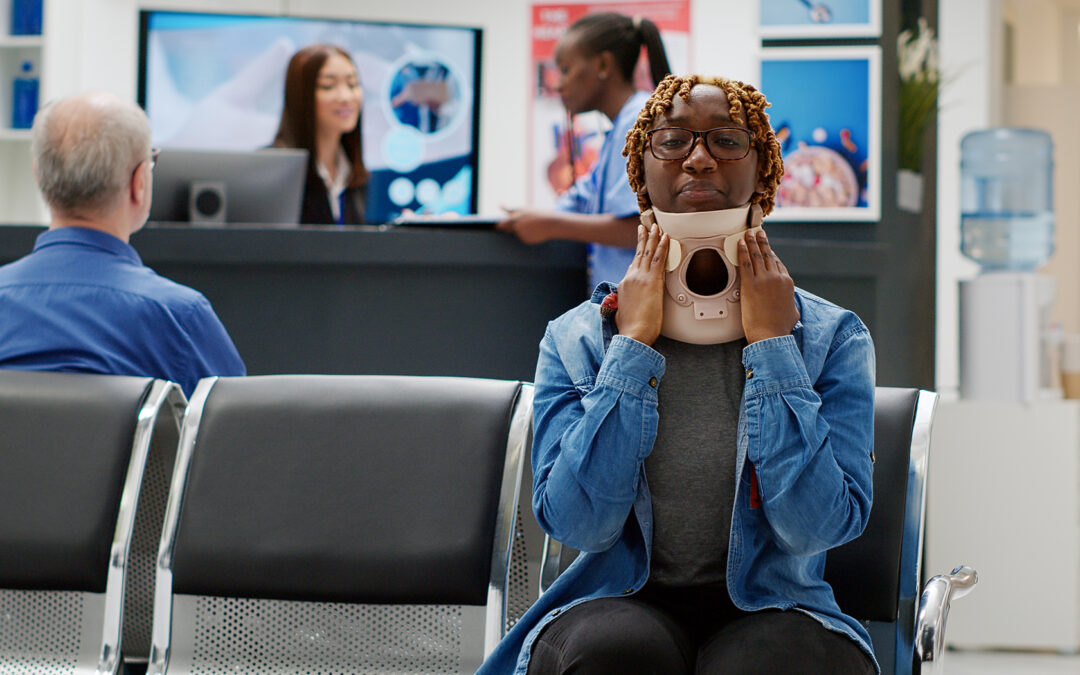
Dec 19, 2022 | Personal Injury
You have to establish negligence
One of the primary things that you need to prove in a personal injury case is negligence. This means that you will need to show that the other party did not act with the level of care that a reasonable person would have under the same circumstances. For example, if you were hit by a car while crossing the street, you would need to show that the driver was not paying attention or was driving recklessly. Some of the most seasoned personal injury lawyers suggest that for you to be able to prove negligence, you should take pictures of the accident scene, get the contact information of any witnesses, and get a copy of the police report. It is also a good idea to work with a lawyer who has experience handling similar cases.
You have a limited time to file a claim
Another important thing to keep in mind is that you have a limited time to file a personal injury claim. This timeframe is known as the statute of limitations, and it varies from state to state. In some states, you may only have one year to file a claim, while in others you may have two years. It’s important to check the statute of limitations for your state so that you don’t miss the deadline and lose the opportunity to seek compensation.
You can recover different types of damages
You should also understand that there are different types of damages that you can recover in a personal injury case. These include economic damages, which are costs that you have incurred as a result of the accident , and noneconomic damages, which are more subjective and include things like pain and suffering. In some states, there may also be punitive damages, which are designed to punish the at-fault party for their negligence. Punitive damages are often only awarded in cases where the at-fault party’s negligence was particularly egregious.
You will need to prove your damages
To recover any damages, you will need to be able to prove them. This means that you will need to have documentation to support your claim. For example, if you are claiming economic damages, you will need to have receipts, bills, or other documentation to show the costs that you have incurred. If you are claiming noneconomic damages, you will need to provide evidence of the impact that the accident has had on your life. This could include things like medical records, testimony from friends and family, or journals detailing your pain and suffering.
You may need to go to court
If you decide to pursue a personal injury claim, it’s important to be aware that the case may end up going to court . This is more likely to happen if the other party does not believe that they are liable for your injuries or if they dispute the extent of your damages. If your case does go to court, it’s important to be prepared and have all of your evidence organised. You should also be aware that there is no guarantee that you will win your case, even if you have a strong argument.
You may be able to settle out of court
In some cases, it may be possible to reach an agreement with the other party without going to court. This is known as settling out of court, and it can often be done through negotiation or mediation. If you can reach a settlement agreement , it’s important to make sure that you are getting the full amount of compensation that you deserve. You should also be aware that settling out of court may mean that you will have to waive your right to seek further compensation in the future.
These are just some of the things that you need to know about personal injury cases. If you have been injured in an accident, it’s important to seek legal advice so that you can understand your rights and options. An experienced personal injury lawyer will be able to help you build a strong case and get the compensation that you deserve. Rest assured that with the right support, you can get through this tough time.
Written by Lawyer Monthly |
Shared from Lawyer-Monthly.com
